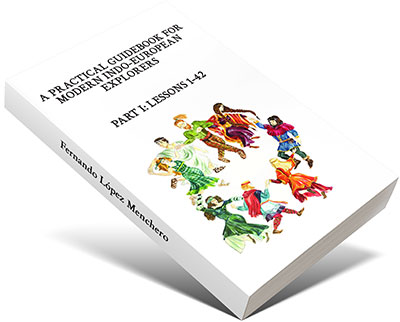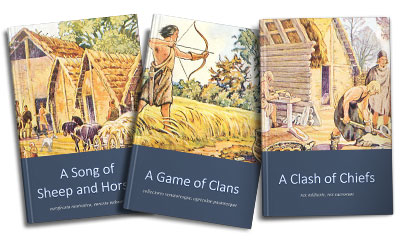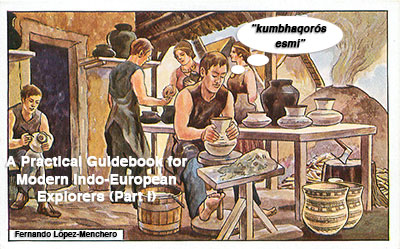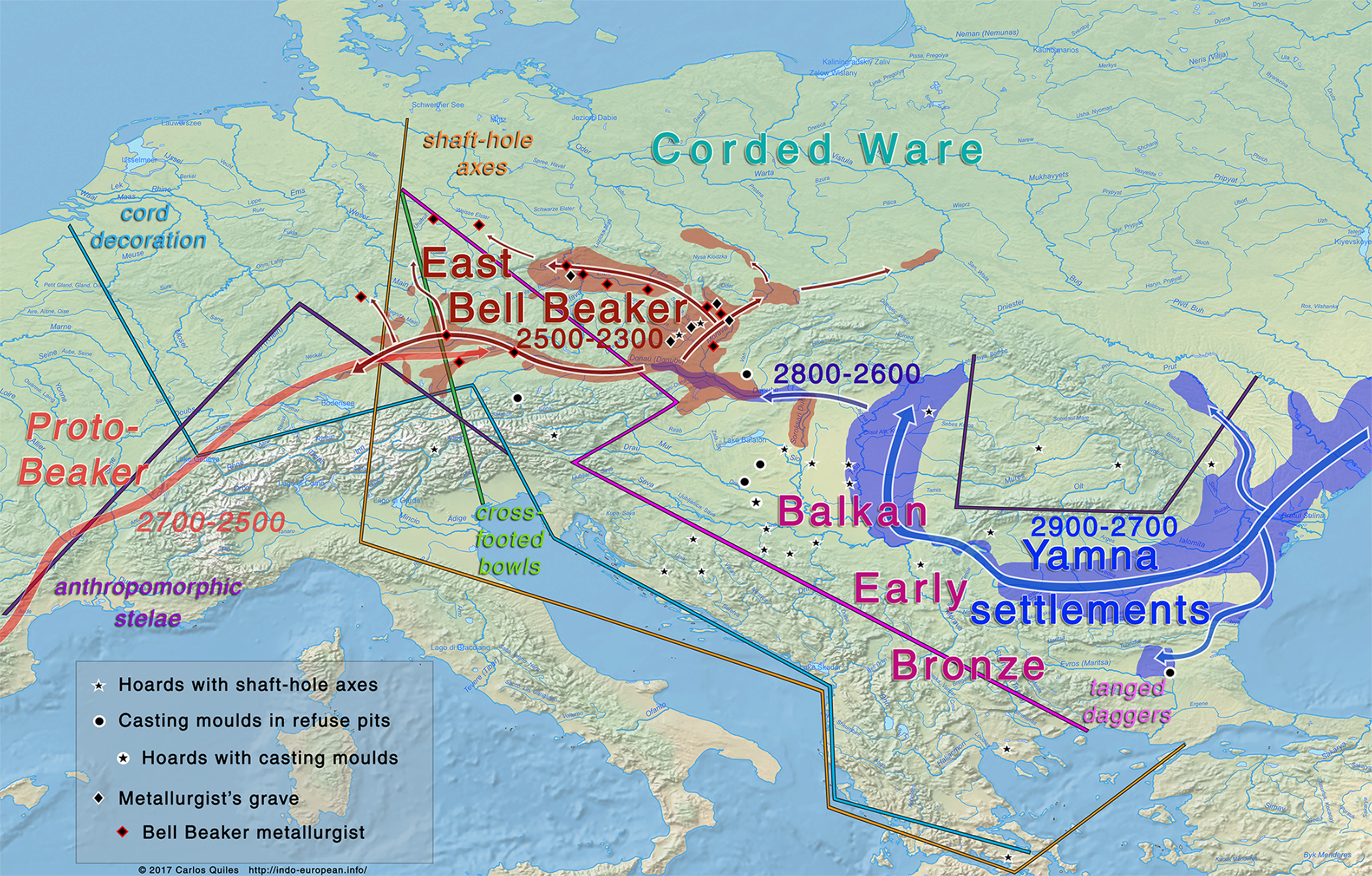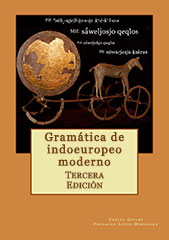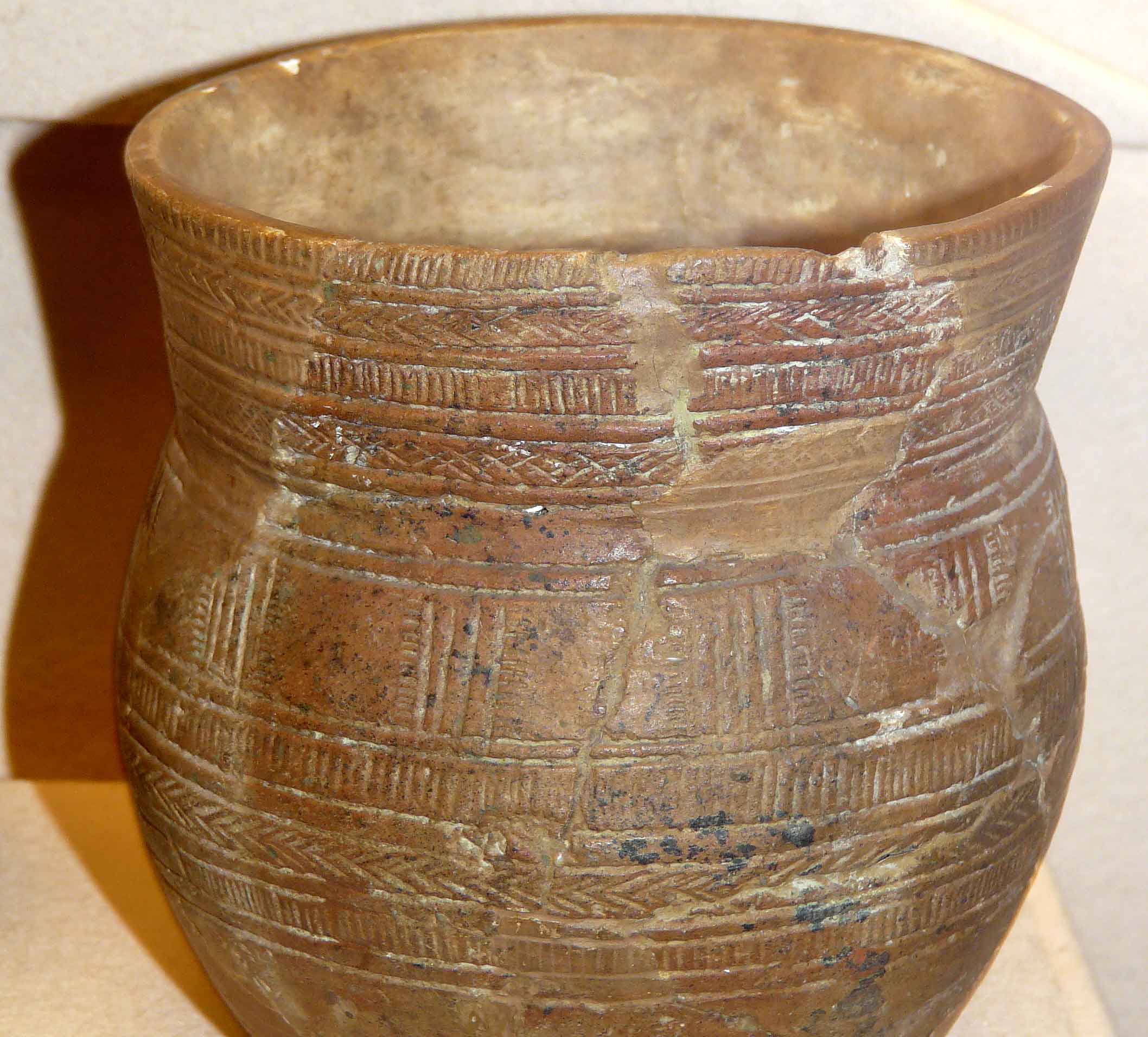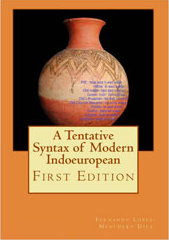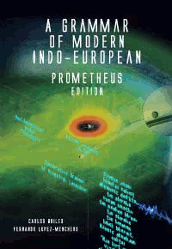A Practical Guidebook for Modern Indo-European Explorers (Printed Edition)
Fernando López-Menchero has published the new version of the main Modern Indo-European Self-Study Book. This new version offers: Multiple corrections, based on the many comments from readers received by email and through the Facebook Group.… A Practical Guidebook for Modern Indo-European Explorers (Printed Edition)
